The Basics of Pool Bonding Wire: A Must-Know for Pool Owners
Bonding for electricity is a process of connecting two or more metal components together to create an electrically conductive path between them. This is done to prevent the buildup of electrical charge and to provide a safe path for electrical current to flow.
In electrical systems, bonding is important for several reasons. One of the most important reasons is to prevent electrical shocks. If two metal components in an electrical system are not bonded together, there is a risk that an electrical charge could build up between them, creating a potential for electric shock. Bonding creates a low-resistance path for electrical current to flow, preventing the buildup of electrical charge and reducing the risk of electrical shock.
Bonding is also important for grounding electrical systems. Grounding involves connecting an electrical system to the earth’s surface to protect against lightning strikes and to provide a safe path for electrical current to flow in case of a fault. Bonding can help create a strong and effective grounding system by connecting metal components together and to the earth’s surface.
Pool Bonding Diagram
Electrical Risk
An electrical risk and/or shock hazard can occur when a pool is not properly bonded. Without bonding, there is a risk that electrical current could flow through the water, metal components, and swimmers in the pool, potentially causing electric shock.
For example, if an electrical fault occurs in a pool pump or lighting fixture, and the metal components are not bonded together, an electrical charge can build up in the pool water. If a swimmer comes into contact with a metal component, such as a ladder or handrail, while they are in contact with the water, the electrical current can pass through the swimmer’s body, causing electric shock.
Electrical shock can be life-threatening, causing muscle spasms, breathing difficulties, and even cardiac arrest. In addition, electrical shock can cause burns and other injuries, and even non-fatal shocks can lead to long-term medical issues.
To prevent these risks and hazards, it’s essential to ensure that a pool is properly bonded. Bonding creates a low-resistance path for electrical current to flow, preventing the buildup of electrical charge and reducing the risk of electrical shock. It’s important to have a qualified professional install and inspect the bonding system regularly to ensure that it is functioning correctly and to identify any potential hazards.
As a pool owner, you want to make sure that your pool is a safe and enjoyable place for your family and guests. One crucial aspect of pool safety is ensuring that the pool bonding wire is installed and working correctly.
What is Pool Bonding Wire?
Pool bonding wire is an electrical safety feature that connects all of the metal components of a pool and its surrounding area, such as the ladder, handrails, pump, and filter, to a common grounding point. The purpose of bonding wire is to prevent electrical shock by redirecting electrical current away from people and equipment and into the ground.
| Product Image | Product Name / Price | Primary Button |
|---|---|---|
How Pool Bonding Wire Works
When an electrical current enters a pool, it will naturally flow to the closest point of ground, which could be a person or equipment in the pool. If the metal components of the pool are not bonded together, the current could pass through a person or equipment, potentially causing serious injury or even death. Pool bonding wire creates a low resistance path for the current to flow directly to the ground, rather than through a person or equipment.
Pool Bonding Wire Installation
The installation of pool bonding wire is a job best left to qualified professionals. The installation process involves connecting all of the metal components of the pool and surrounding area to a common grounding point. The bonding wire should be installed as a continuous loop, with no breaks or gaps in the wire. The installation should comply with local building codes and regulations.
Maintaining Pool Bonding Wire
Regular inspection and testing of pool bonding wire are essential to ensure that it is functioning correctly. It’s recommended to have the bonding wire inspected at least once a year. Signs of wear and tear to look for include frayed or corroded wires, loose connections, and missing bonding wire. If any of these issues are identified, the bonding wire should be replaced immediately.
Benefits of Pool Bonding Wire The primary benefit of pool bonding wire is improved safety for swimmers. By redirecting electrical current away from people and equipment, the risk of electrical shock is greatly reduced. In addition, proper installation and maintenance of pool bonding wire can help pool owners comply with building codes and regulations.
What gauge copper wire for pool bonding?
The appropriate gauge of copper wire for pool bonding depends the size of the pool, the length of the bonding wire run, and the electrical load of the pool equipment.
In general, the National Electrical Code (NEC) recommends a minimum of 8 AWG (American Wire Gauge) copper wire for pool bonding. However, this is a minimum requirement, and depending on the size and electrical load of the pool, a larger gauge wire may be required. Consult with a qualified professional to determine the appropriate wire size for your specific pool.
Installing a bonding wire for a pool requires electrical expertise, so it’s best to hire a qualified electrician or pool professional who has experience in this type of installation.
A licensed electrician who specializes in swimming pool electrical systems would be an excellent choice to install bonding wire for a pool. They will have the knowledge and experience needed to properly install the wire, ensuring that it complies with local building codes and regulations.
Conclusion: The Basics of Pool Bonding Wire: A Must-Know for Pool Owners
Pool bonding wire is a critical safety feature that all pool owners should prioritize. By understanding the basics of pool bonding wire, including what it is, how it works, installation, maintenance, and its benefits, you can ensure that your pool is a safe and enjoyable place for your family and guests. Remember to have a qualified professional install and inspect your pool bonding wire regularly, and if you have any concerns, don’t hesitate to reach out to a professional for help.
As always, if you have any questions please don’t hesitate to reach out to us. We would be happy to help clarify anything that may still be unclear.


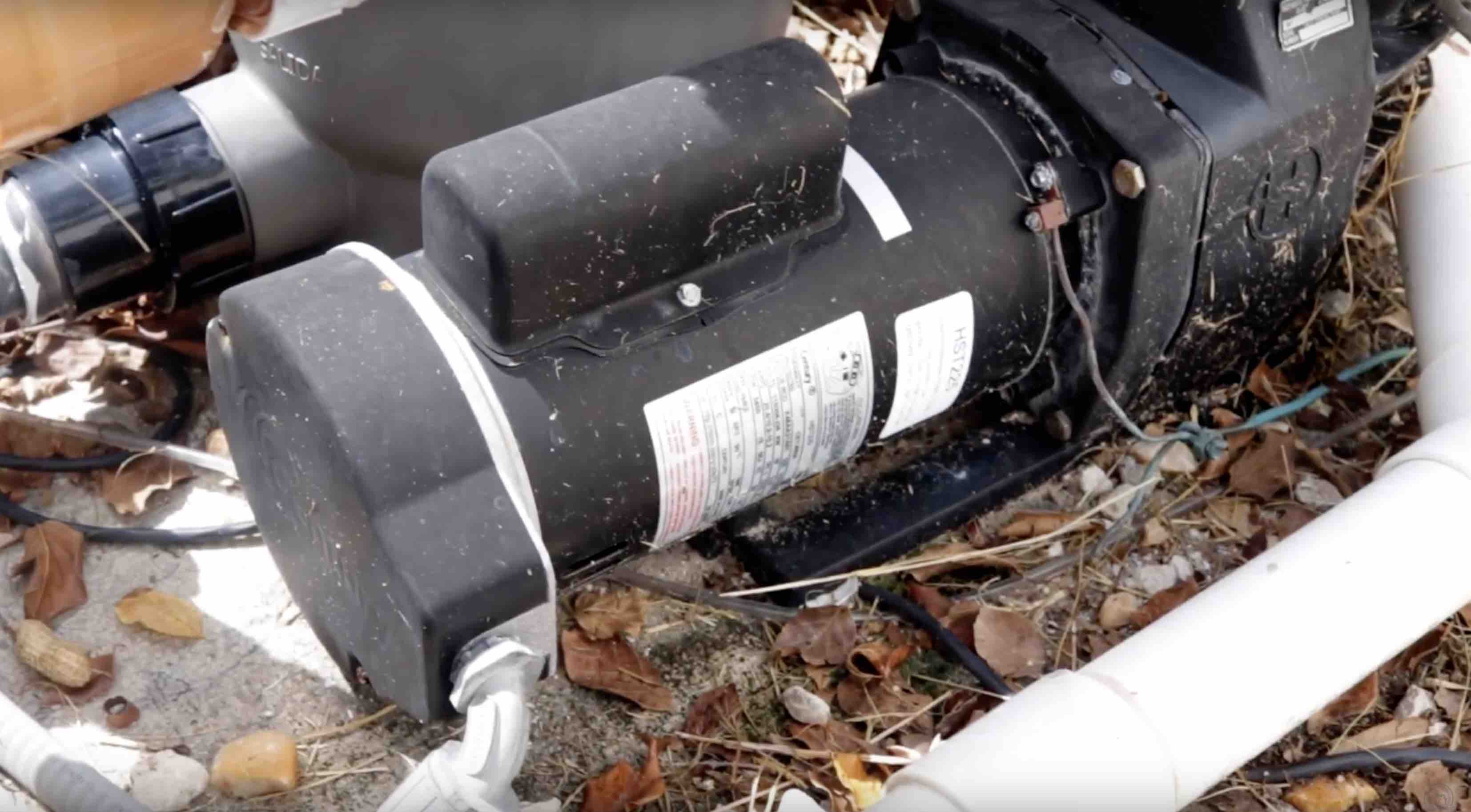
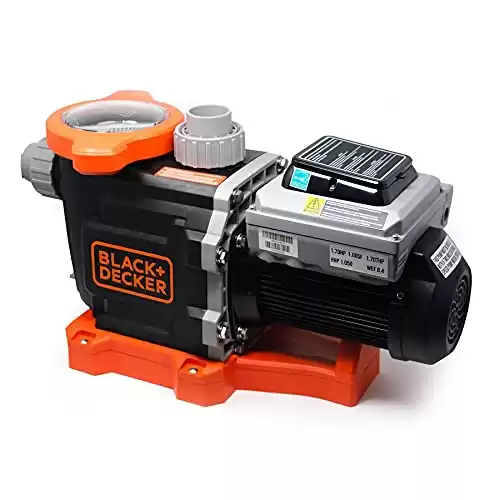
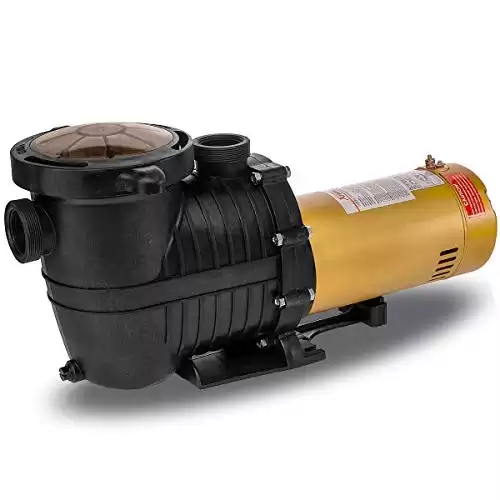
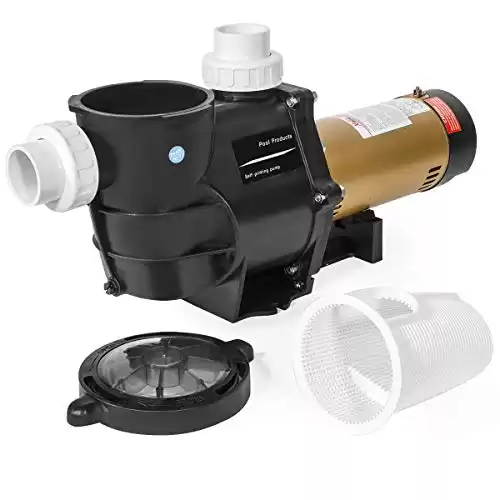
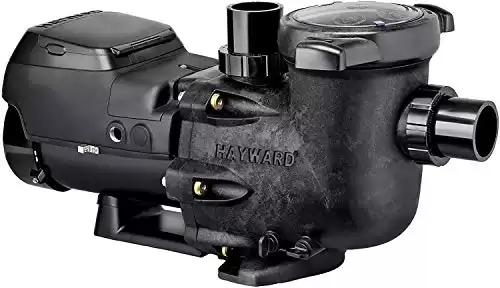
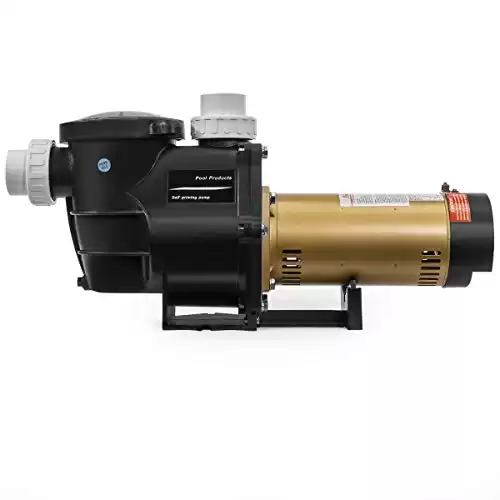
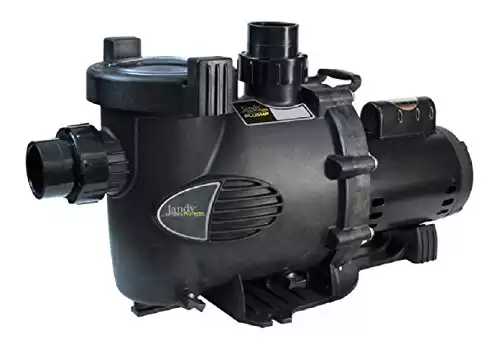
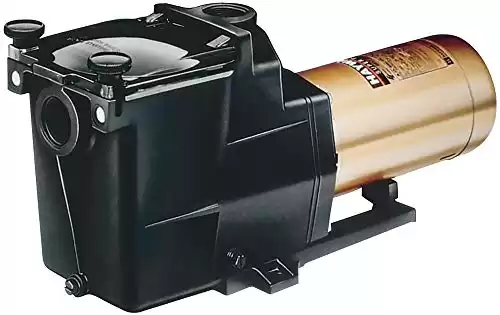
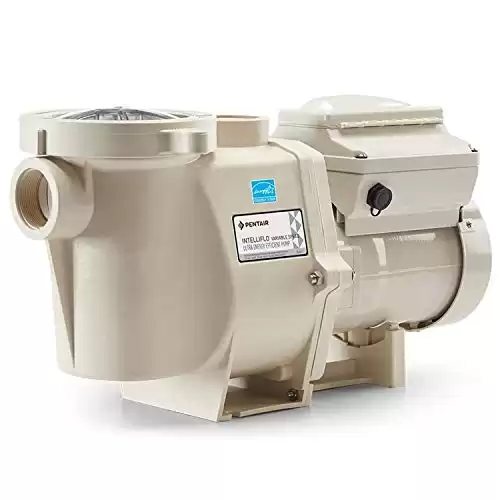








































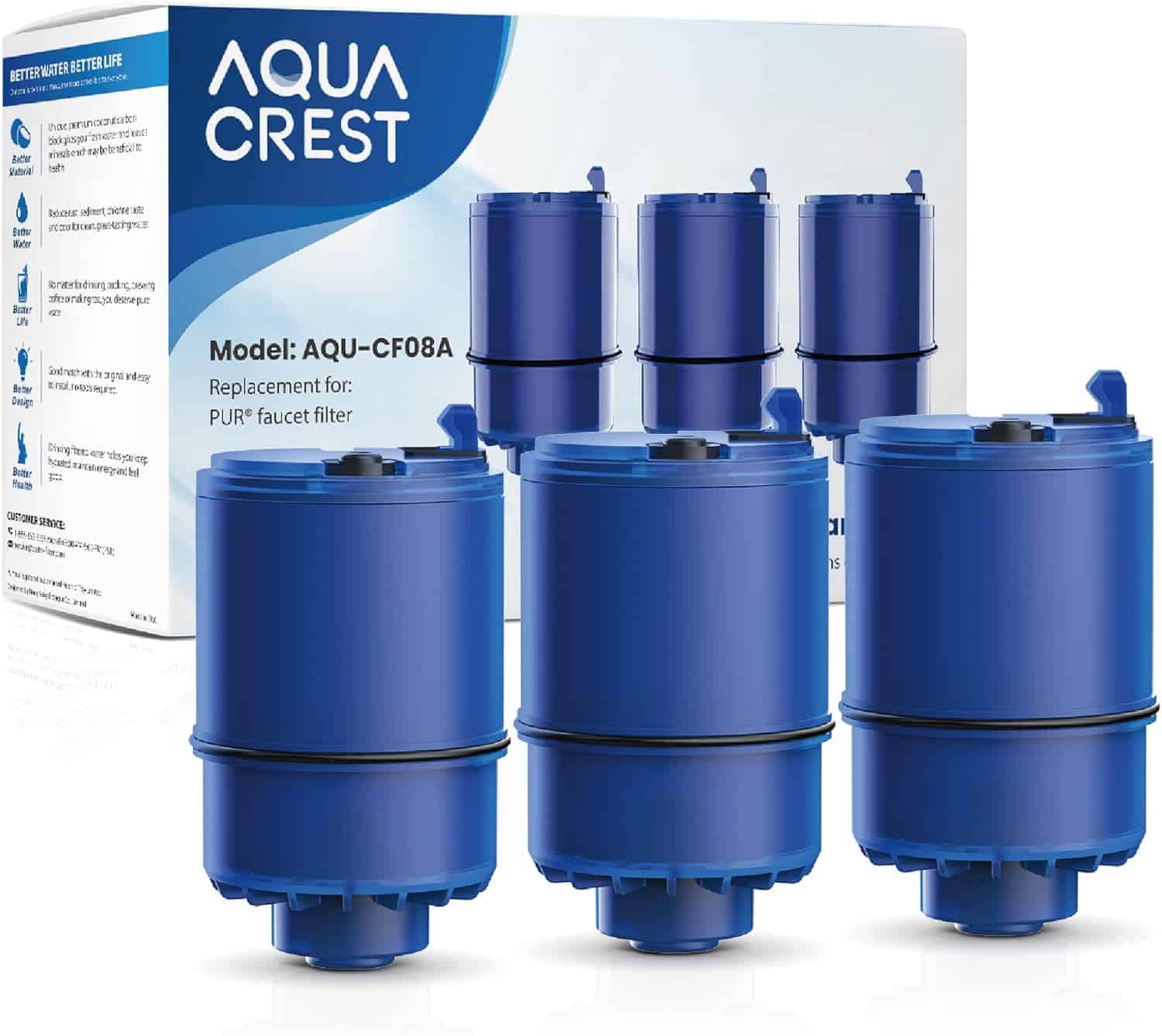
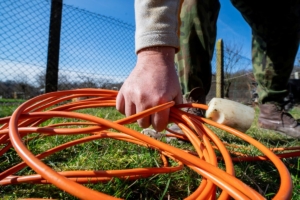
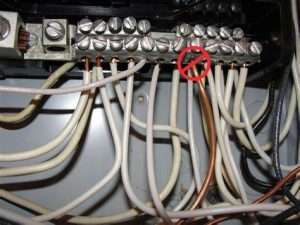
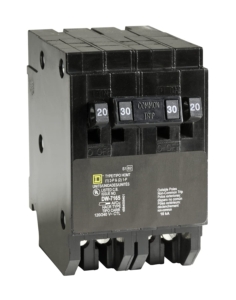

Pingback: A Guide To Understanding Plumbing Bonding Wire